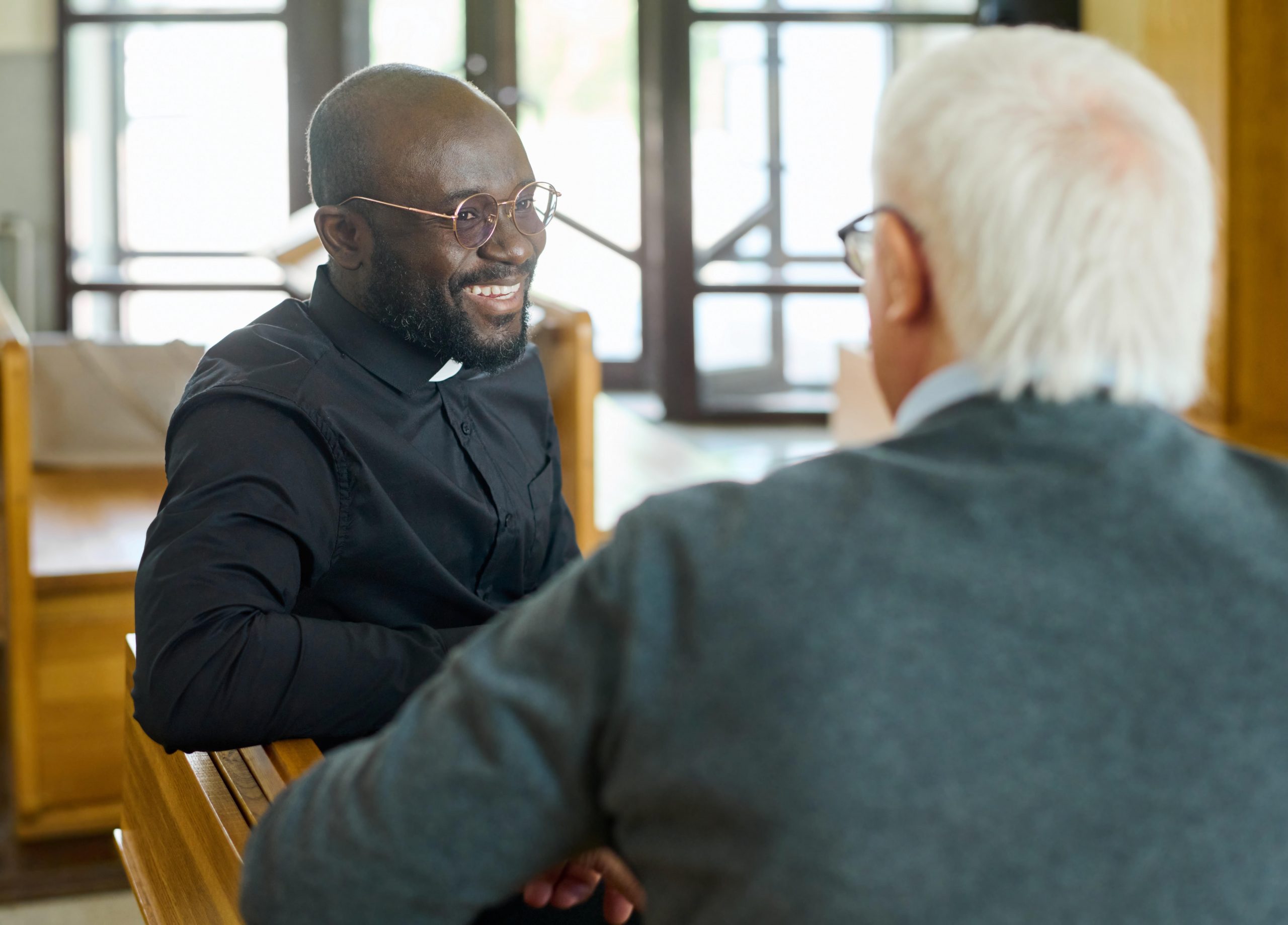
Worries that clergy will urge depressed congregants to rely on prayer and not other mental health care appear to be unfounded.
A nationwide survey found that 90% of clergy members embraced a medical understanding of the causes and treatment of depression. About 10% said they would recommend using religious means alone to address depression.
“We consider this good news,” said study co-author Mark Chaves, a professor of sociology, religious studies and divinity at Duke University in Durham, N.C.
“We’ve known for a while that a lot of people bring their mental health challenges to clergy,” he said in a university news release. “There’s been concern about what clergy have been telling them. Have they been telling them just to pray, or to see a doctor? This should allay concerns.”
Clergy can often be the first point of contact for a person with depression, the study authors noted.
The survey results largely held true across denominations, said study co-author Anna Holleman, a postdoctoral research associate.
“We couldn’t find any subset of clergy in which anything but a small minority rejected medical wisdom,” she said.
For the study, the researchers used data from Duke’s National Survey of Religious Leaders, which includes U.S. clergy across the religious spectrum.
The survey was conducted in 2019 and 2020, largely before the COVID-19 pandemic. It drew responses from about 1,600 congregational leaders. That included about 890 who were the primary leaders of their congregation, and their responses were used for this study.
The authors said this is the first nationally representative sample of clergy focused on depression. It asked for clergy opinions on the causes of depression and appropriate treatments for it, Holleman said.
Few respondents were at odds with known causes or treatment for depression. More endorsed combining a doctor’s treatment with prayer and church attendance than said they believed in both medical and religious causes of depression, the study found.
“Even some secular mental health professionals recognize that people’s spiritual or religious activities can be assets that people already have and can draw on in beneficial ways,” Holleman said. “We see a lot of potential here for constructive collaboration between mental health professionals and clergy.”
Black protestant and white evangelical congregations were among those in the 10% who rejected medical advice in favor of religious options, the researchers reported. They still represented a small minority, about 15%, within those groups.
Dr. Harold Koenig, a professor of psychiatry and behavioral sciences, said the divide between religious and mental health professionals has existed for at least a century.
Koenig studies the effects of religion and spirituality on health but was not involved in this study.
Those views have converged in recent decades as information about biological causes of depression and effectiveness of medication have become more available, Koenig noted.
“The majority of mental health professionals are not religious, and that’s a problem because the majority of their patients are,” he said. “So, it’s encouraging to see the vast majority of clergy see depression as something that is more likely to have biological or situational rather than religious causes.”
Life is hard and things happen, Koenig said.
“You get disappointed. You get divorced. So, religion can be extremely helpful in dealing with these issues,” he said. “But some folks need more than religion – they need medication.”
The findings were published online Jan. 11 in JAMA Psychiatry.
More information
The U.S. National Institute of Mental Health has more on depression.
SOURCE: Duke University, news release, Jan. 11, 2023
Source: HealthDay

Leave a Reply